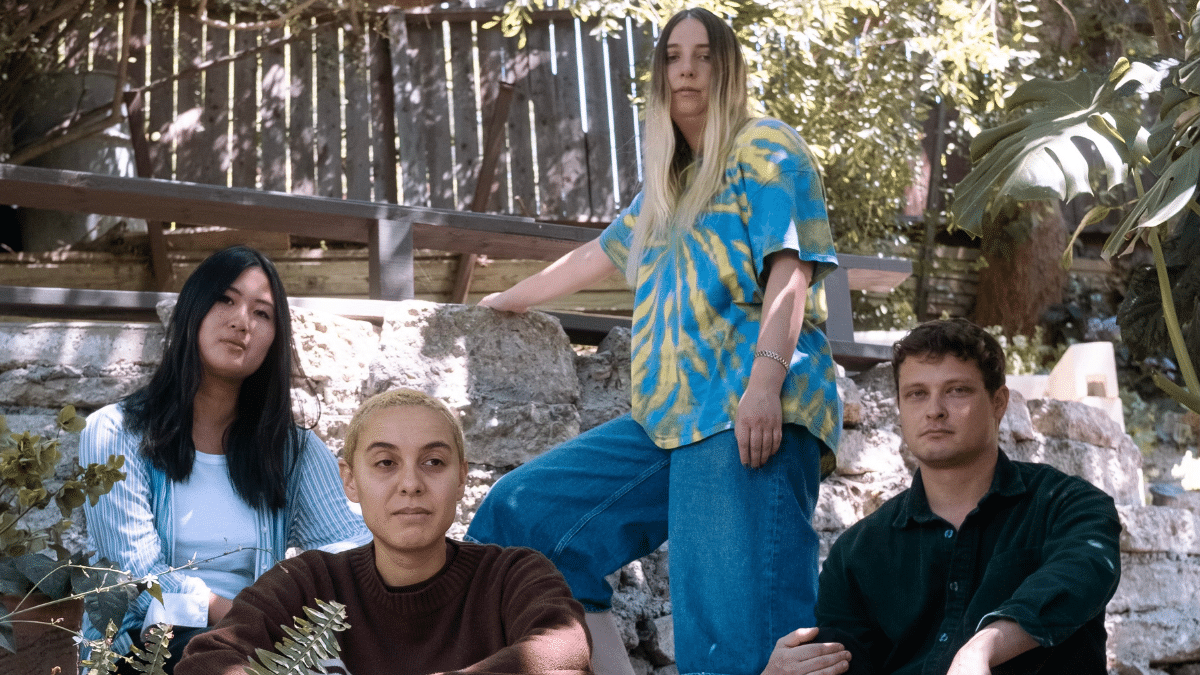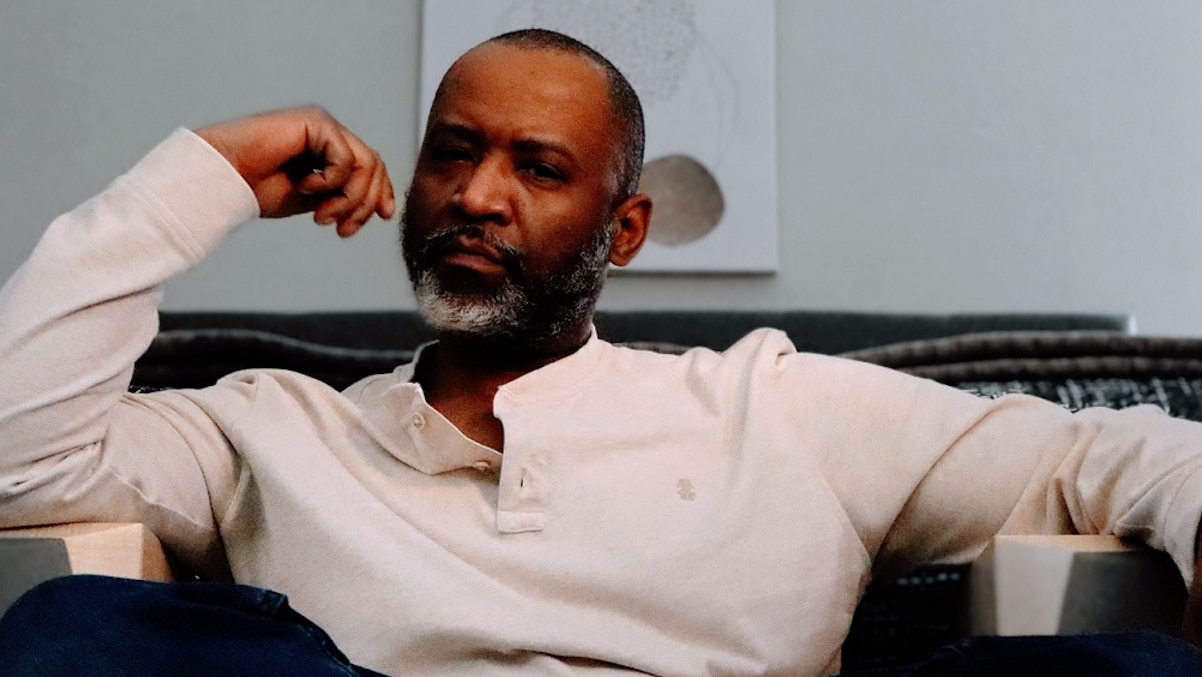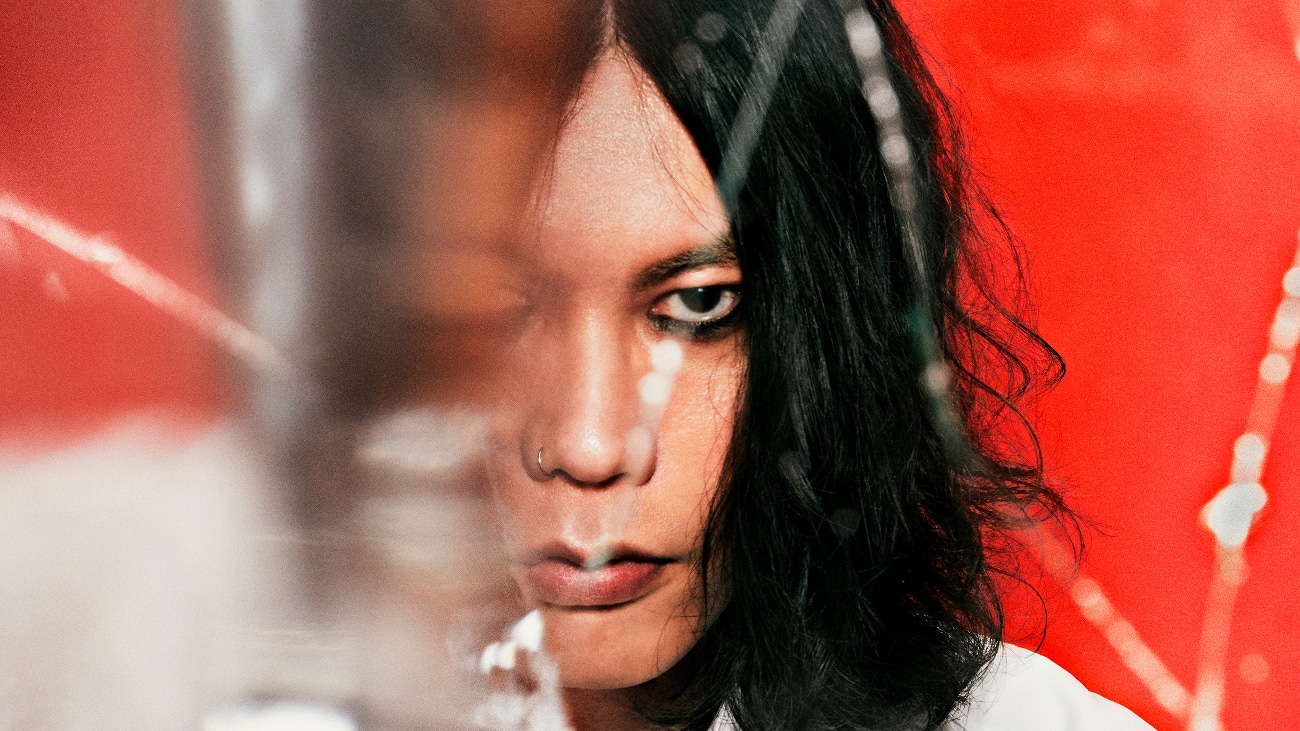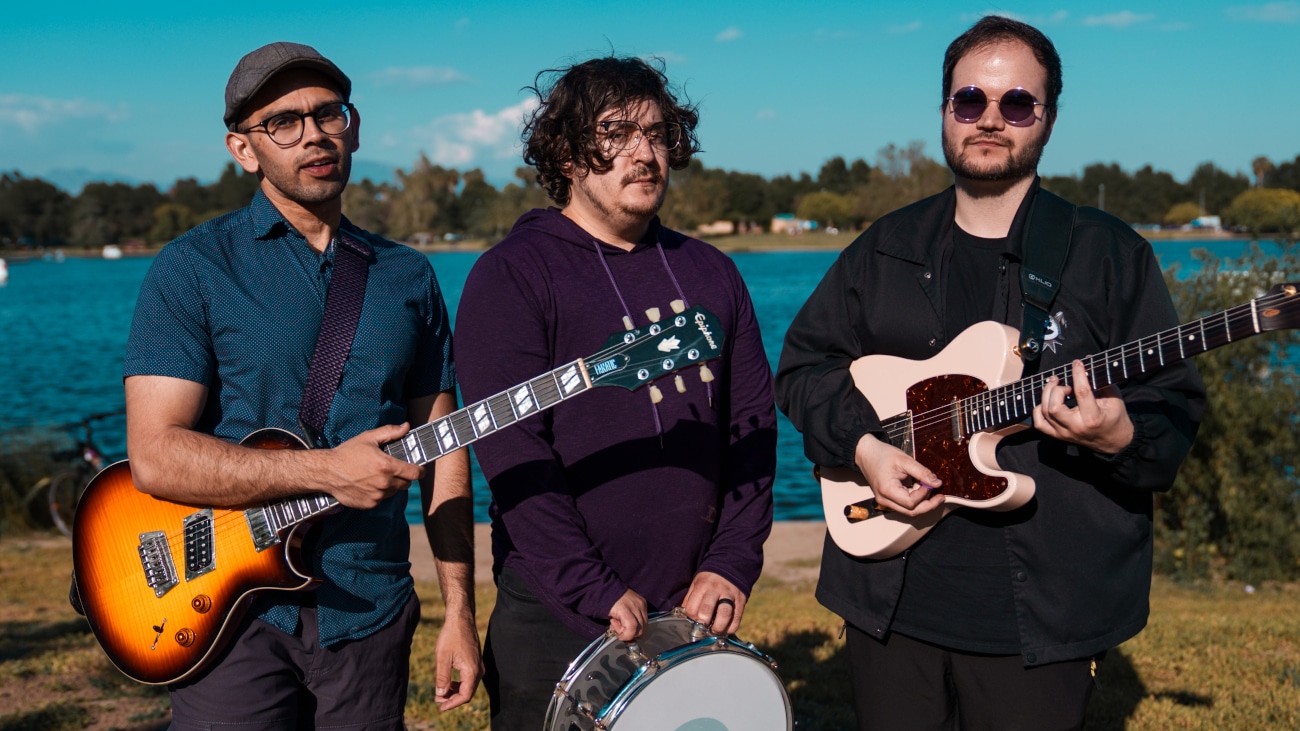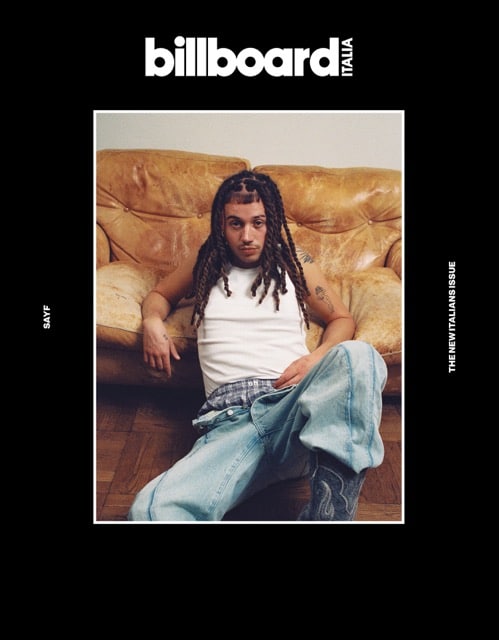SIAE Will Not Negotiate with Meta “Blindly”, Says CEO Matteo Fedeli
Billboard Italy reached out to the executive of the collecting society to discuss the interruption of the negotiations for the new license deal
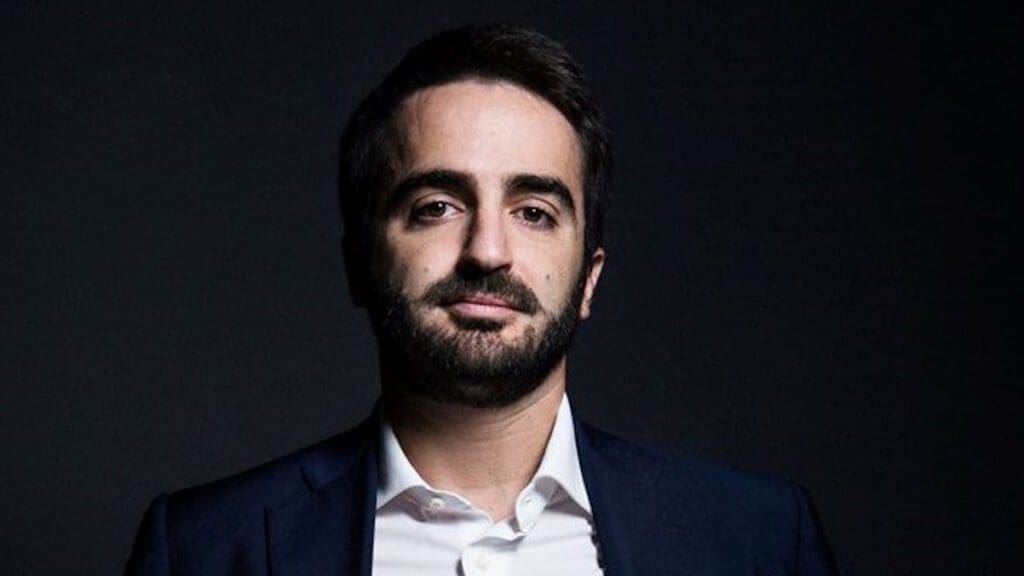
Matteo Fedeli, CEO of SIAE
On Thursday, Mar. 16, Meta and Italian collecting society SIAE announced the interruption of the negotiations for the renewal of the license agreement that would allow Facebook and Instagram to keep using music from the catalogue managed by the latter. A state-owned monopoly in the past, SIAE still handles the publishing rights of the vast majority of Italian music.
“We will immediately start the procedure to remove those songs from our music library,” said Meta in a press release. SIAE replied: “We are expected to accept a unilateral offer that disregards any shared and transparent evaluation of the actual value of the repertoire.”
The event has no precedents in Italy nor in Europe. It is expected to have a dramatic impact on artists, songwriters, record companies, besides content creators and common users. Billboard Italy reached out to Matteo Fedeli, CEO of SIAE, to discuss his point of view.
Versione italiana
The interview with Matteo Fedeli, CEO of SIAE
What determined the interruption of negotiations between SIAE and Meta? Was it about specific aspects or the overall setting?
It was the total lack of information transparency from Meta. They didn’t provide us with any data that could allow us to better define the negotiation. When it comes to complex platforms such as Facebook and Instagram and their many services (posts, stories, reels), if we’re not given any clue about the amount of advertising, video and music that they host, it means we’re negotiating blindly.
It got interrupted because at one point Meta gave a take-it-or-leave-it final offer when our positions were still pretty far from each other. That’s imposing, not negotiating. Sure, they must be receiving budget directions from California, but that doesn’t justify things. Defining the value of copyright is not up to them. The negotiation got interrupted with their press release yesterday.
How does this behavior go against the European Directive on Copyright, in your opinion?
The directive clearly says that they must allow us to understand their business model and how that generates revenues. The concept we want to communicate is “the more you share, the less you pay”. In other words, if a platform forces me to just guess things, then I must keep a wide margin of negotiation, even risking to be asking too little.
Value gap is generated by information gap: If I don’t know how you make revenues, I might be asking either too much or too little. We know that we’re not aiming for the moon, we’re asking for a perfectly reasonable figure.
Is your economic request based on a set price or on a percentage on views?
We always try to reach conditions based on revenue share. It makes sense both for us and them: If your business is fine, then ours will be fine, too. Like what happens with streaming: There are market standards that make you get a certain percentage of the value generated by streaming platforms. But that implies that you know what their revenues are.
How come such problems didn’t happen with other platforms that widely rely on music, such as TikTok?
Well, negotiations always have their “rituals,” but what happened yesterday makes little sense. It’s like you’re playing Risk and then decide to flip the table and make the tanks fall. When we negotiated with YouTube it was not easy and it went on for ten months, but it was always a cordial dialog and we reached a deal eventually.
What could be done to restart the negotiation? What kind of concessions do you expect from Meta?
Meta publicly declared to be open to discussion, but the problem is that their position seems quite rigid. We want to find an agreement in good faith and satisfying for both parties. The discussions with YouTube were heated, but after reaching the deal we even invited them at [our venue] Casa SIAE during the Sanremo Festival. We did it because we see them as partners, since they are a platform where music is consumed. If a partner does what Meta did, that’s not nice, both for negotiations and for relations with us.
Isn’t there the risk of an undetermined stalemate if both parties won’t concede anything?
Well, we represent 100 thousand associates. What Meta did is bad also from a substantial point of view: They are blocking Italian music. Or at least they said they will, but will they be able to remove everything – even covers and live versions of the songs? It seems like an action aimed at putting the market in difficulty in order to make it accept their conditions eventually.
Clearly, such a removal from Facebook and Instagram will have a dramatic impact on labels, artists, songwriters and the music industry as a whole. As an executive of SIAE, what message would you like to communicate to them?
We always try to reach a deal. Our goal is to make sure the music industry doesn’t lose anything in terms of value. For the users, it must not be nice to see their idols disappear from the platforms all of a sudden. They also have to understand that so many people make a living thanks to copyright. We received messages of solidarity from all the music industry, because everyone understands that there is a problem with value gap and that the excessive power of platforms allows them to pursue such unilateral actions. It is something that damages the market, especially for local players like us.
